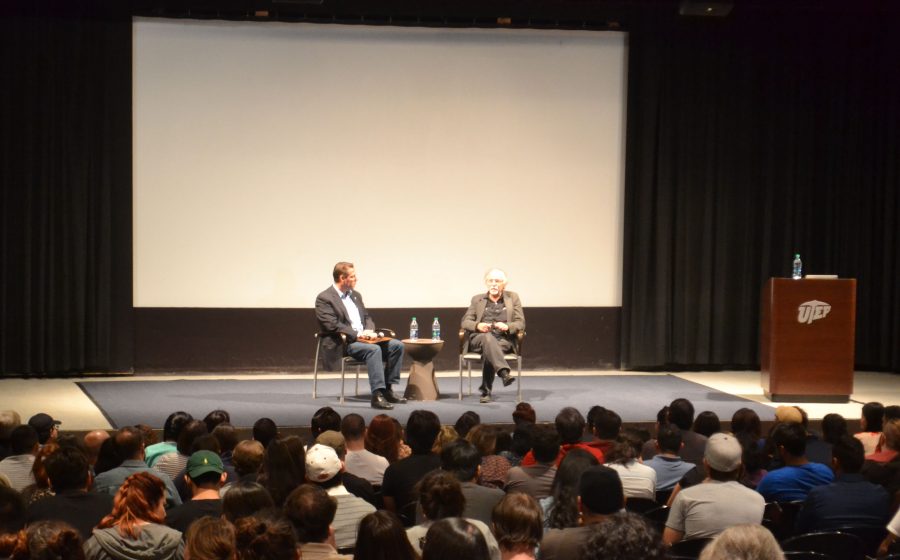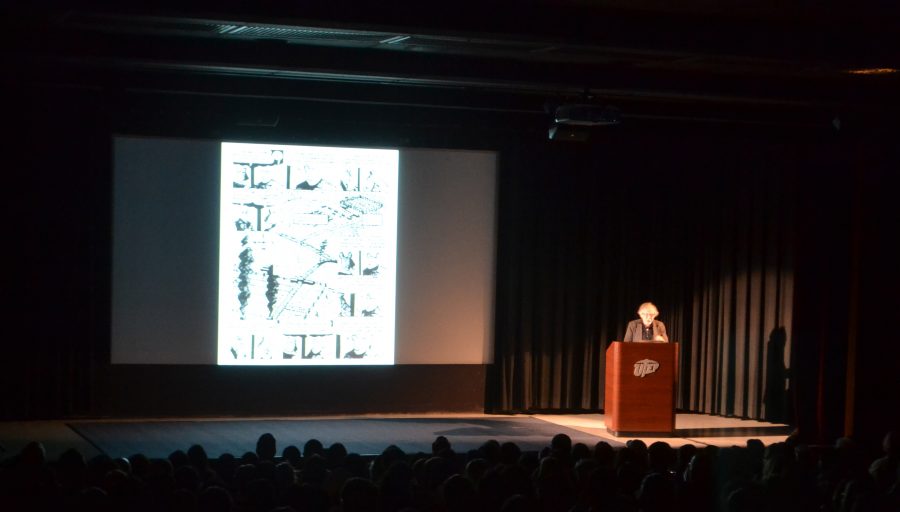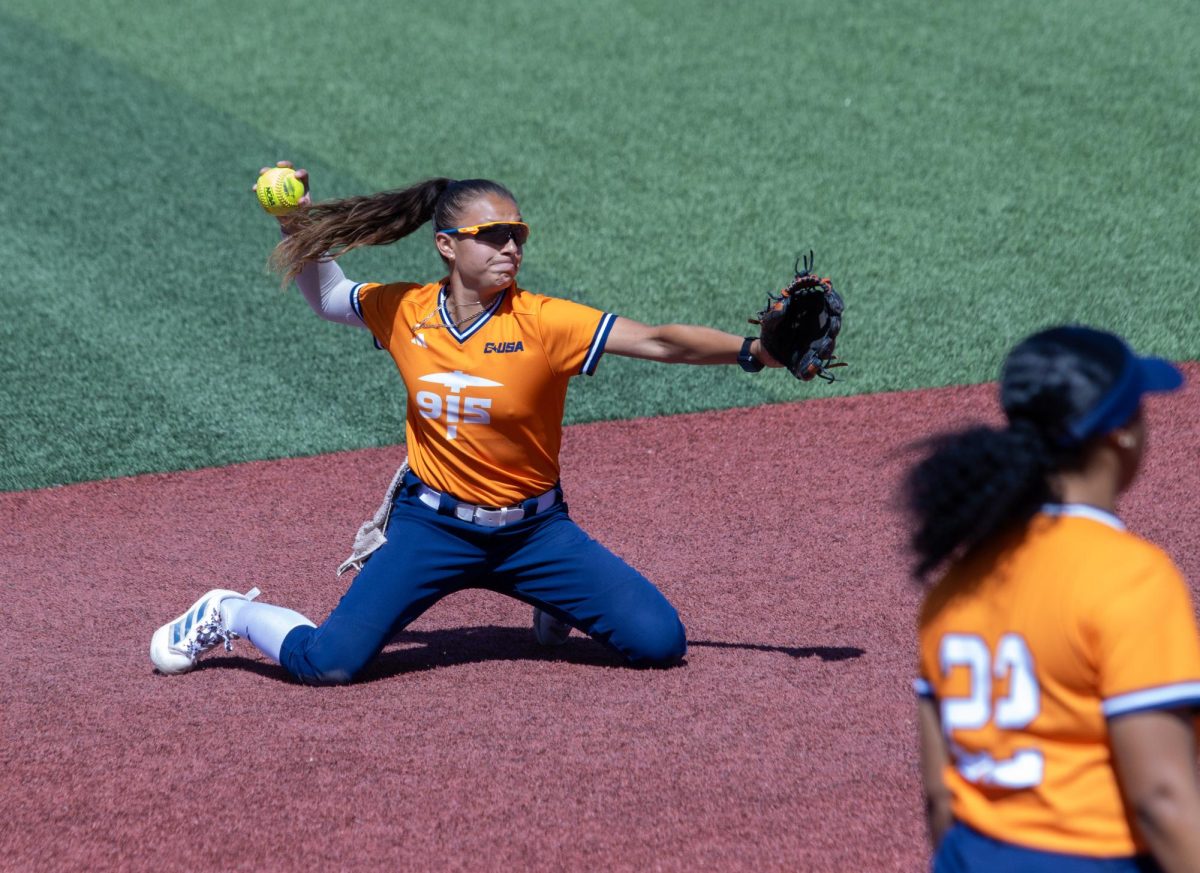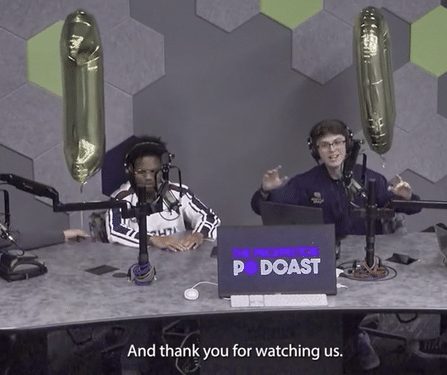Graphic novel grandmaster, Art Speigleman, creator of the Special Awards and Citations Pulitzer Prize recipient “Maus” visited UTEP today, gave a lecture on the substance and history of the comic book medium, the influences on his artistic style and the background on creating one of the most ubiquitous graphic novels in the genre.
Speigelman’s “Maus” is difficult to categorize, bouncing between fiction for its animal characters, but also non-fiction for the story’s direct translation from Spiegelman’s interviews with his father about his time in Auschwitz. The graphic novel bounces between the present, where the main character by the same name interviews his father Vladek, and the past–Vladek’s time in Auschwitz.
Ezra Capell, associate professor of English and director of the Inter-American Jewish Studies Program, was responsible for bringing Spiegelman to UTEP. In his introduction speech, Cappell said that as a grandson of Holocaust survivors, “Maus” was a defining book in understanding what his grandparents went through.
Although the thought of mice, cats and pigs replacing humans as the actors in the fictitious World War II setting may seem to infantilize the issues of the era, Spiegelman’s frankness keeps their complexity in the light.
“Comics were once thought to be for kids and mentally challenged adults,” Speigelman said during his lecture, while running slides of Donald Duck and Mickey Mouse comics on the screen.
As Spiegelman shared his early influences, most of the audience chuckled with him in obvious camaraderie, speaking to the appeal that comic books and graphic novels have had because of his work.
“It’s an old technology,” Spiegelman said, laughing while the projector rebooted itself. “But a book invites concentration. It’s like a person: there’s more to it on the inside than out and it has a spine.”
In an era where comic book companies such as Marvel and DC get the mass media attention for their newest comic book movies, artists such as Speigelman show that the medium should be taken seriously as a form of art rather then dime store cheap reads.











